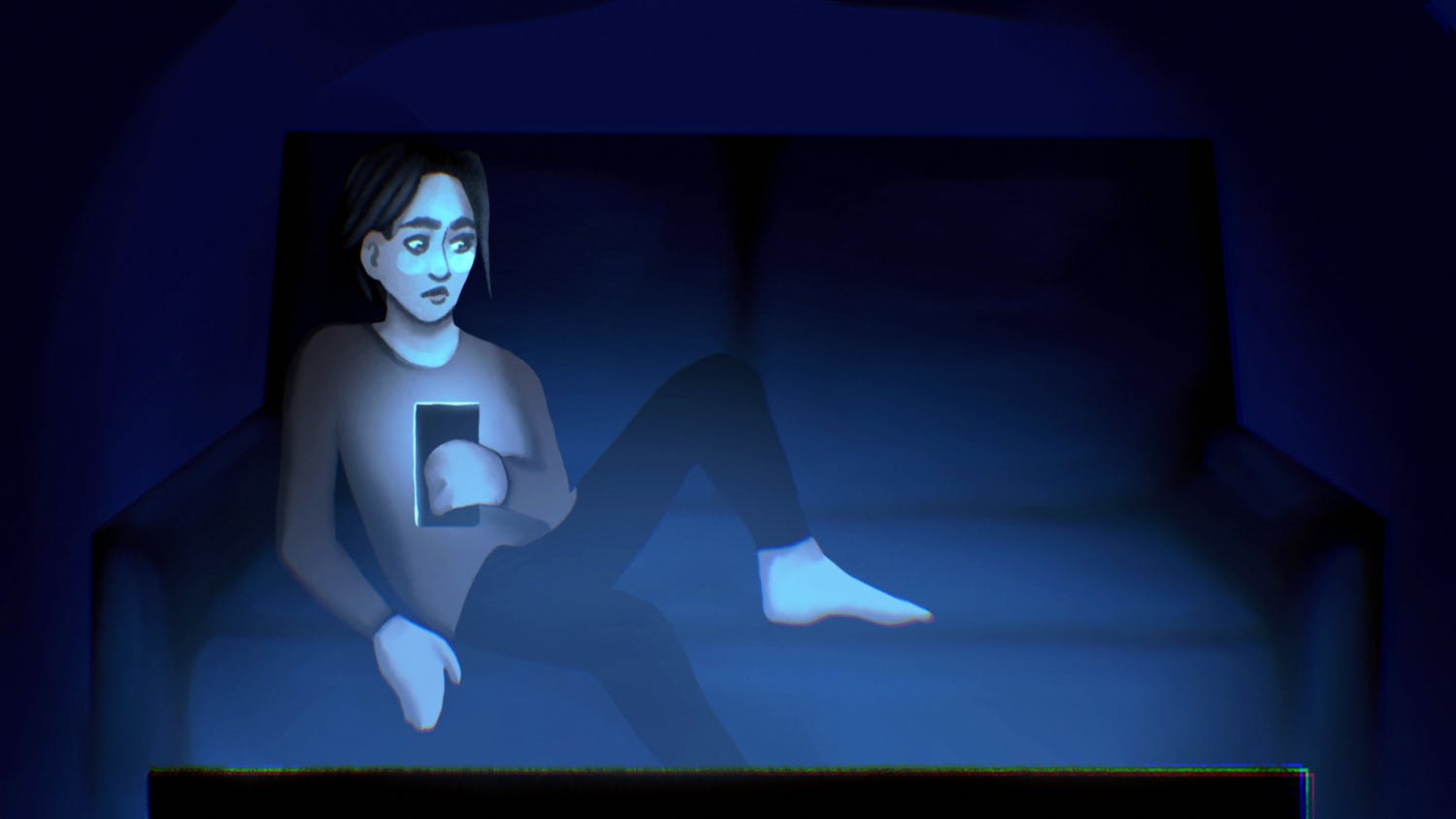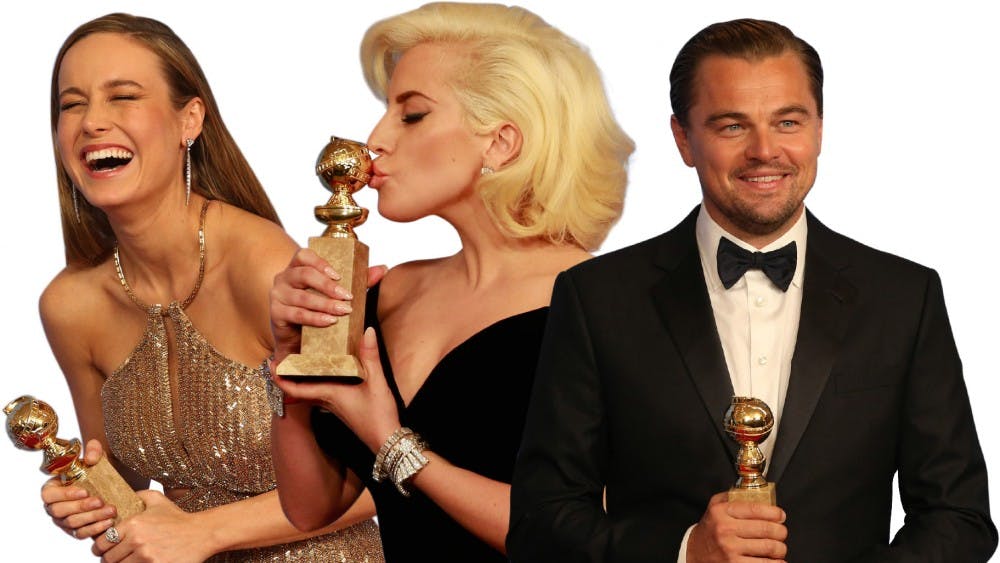I can proclaim without hyperbole that "The Sopranos" is man's greatest achievement since fire. Yet once again, the show got robbed at this year's Emmy Awards, winning only one award for best actor in a drama series.\nIt's an outrage!\nIt's an insult to the late Nancy Marchand, who played Livia Soprano, the most evil mother since Joan Crawford. But Marchand made her bitter, self-absorbed character just as human as Bull Meechum from The Great Santini. \nAlthough she was dying, Marchand made scattered appearances on "The Sopranos" this year. Now we'll never know why Livia tried to have her son Tony (James Gandolfini) killed. Had she gone senile, or was she taking revenge on him for putting her in a nursing home?\nJust because she wasn't on a goody-two-shoes show like "The West Wing," she was denied a posthumous Emmy. Damn the Academy.\nEven if this season wasn't as good as last, "The Sopranos" is still the best thing to happen to TV since "The Simpsons." And if you had any idea to what extent I've patterned my life after the teachings of Homer, you could begin to fathom that compliment.\nEven though "The Sopranos" is fiction, it draws heavily on real life. George Anastasia, a reporter for the Philadelphia Inquirer who covers the mob, can attest to the show's authenticity, particularly its portrayal of gangsters as multidimensional guys trying to cope with life in suburbia and the underworld.\nJust like most real life gangsters, Anastasia explains, Tony Soprano has domestic problems. Tony's wife, Carmella (Edie Falco), is as neglected and unappreciated as Marge Simpson. Sometimes they get along as well as Hitler and Stalin. Likewise, Meadow (Jamie Lynn Sigler), Tony's teenage daughter, is embarrassed by her dad's profession, especially when Tony gives her an SUV -- her friend's SUV to be exact -- which Tony collected from her friend's father to cover part of his gambling debts.\nTony has problems with his other family, too. Honor and loyalty don't exist in the underworld anymore. When a gangster gets pinched, he often becomes a federal witness. This point hits close to home for Tony, whose best friend, "Pussy" (Vinny Pastore), turns out to be a government informant. This brings up another truism about the mob today: It's always your best friend that kills you. \nWhen Tony and his henchmen act, Pussy, who has been like a brother to Tony, asks them not to shoot him in the face, presumably because he wants an open-casket burial. They don't shoot him in the face, but they don't bury him either.\nPussy sleeps with the fishes.\nThe scene is typical of the show's moral ambiguity. Tony can't be classified as a good guy who does bad things or a bad guy with a heart of gold. He can be another father at a PTA meeting or the guy who'll break your legs and shake your business down if you can't pay him his money.\nIt's his nature.\nAnd that is the nature of real-life cops and robbers, Anastasia submits. All too often, the "good guys" imitate the "bad guys" in order to win. One woman, Anastasia recalls, married an FBI agent after her wiseguy husband tried to have her killed. After she divorced the G-man, she told Anastasia the difference between cops and good guys: "Cops have badges." \n"The Sopranos" was snubbed by the Emmys because they dared to argue that good and evil are often indistinguishable and interchangeable. "The West Wing" was rewarded for portraying a counterfeit yet comfortable picture of the world in which you can always define the good guys.\nOnce again, to hell with the Emmys.
'Sopranos' should have Emmys whacked
Get stories like this in your inbox
Subscribe




